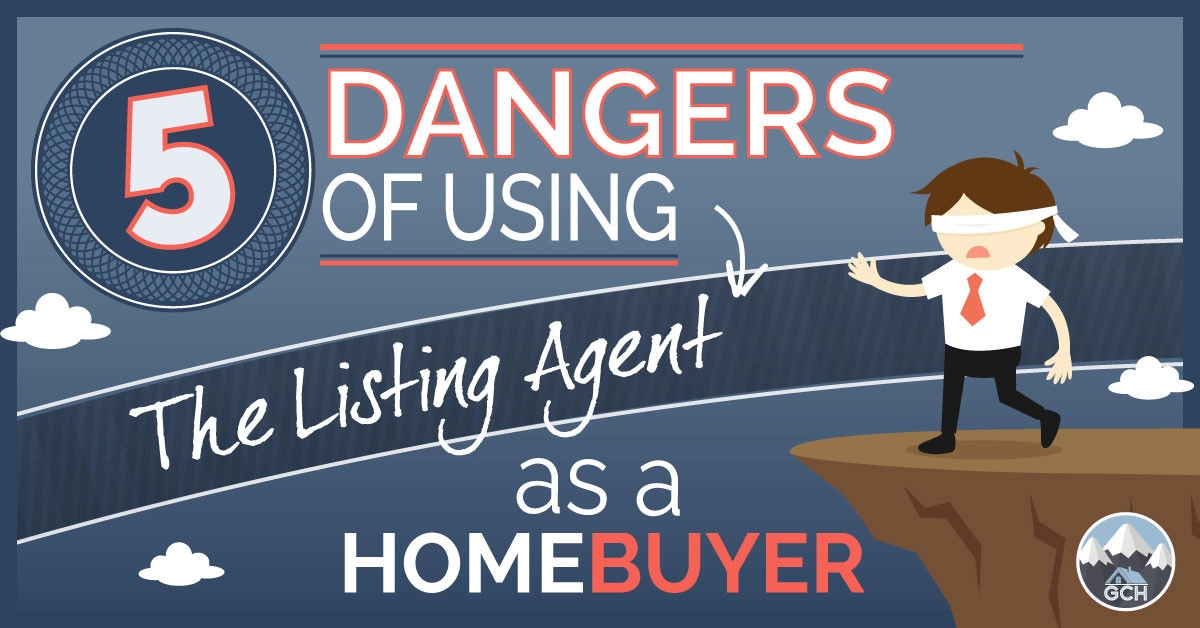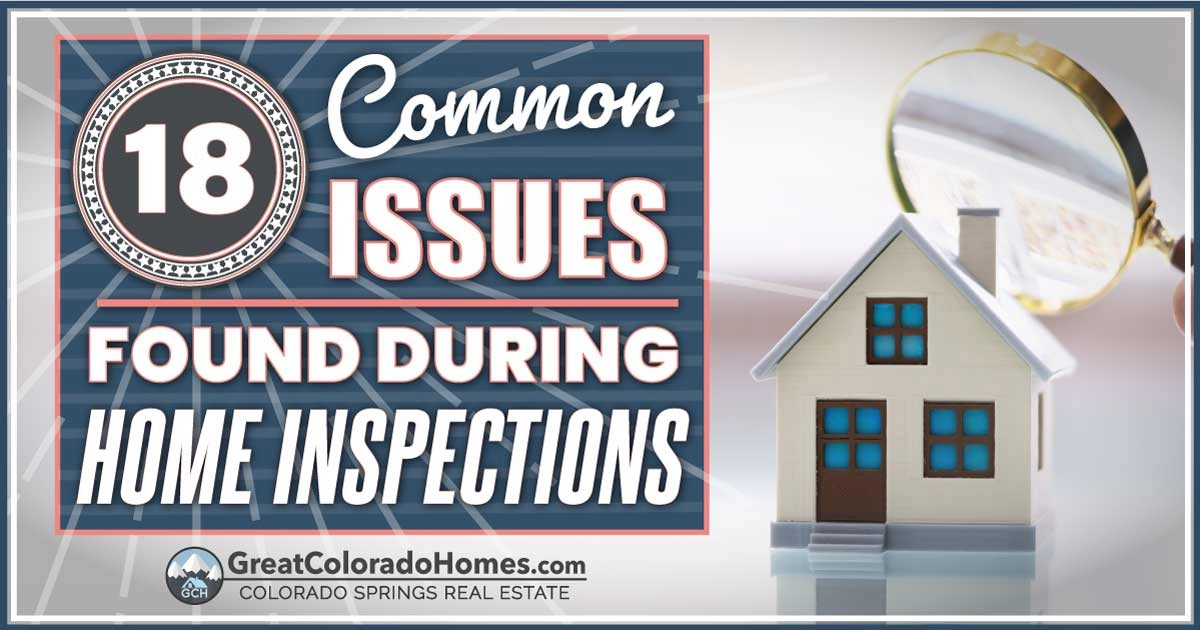Buying a home is both exciting and a little scary. There are many steps, and each one comes with new things to learn. Knowing the answers to the most common home buying questions can make the process feel a lot easier and less stressful. If you ever feel overwhelmed, you are not alone.
This guide will help you understand the basics of buying real estate. With the right advice and a helpful Realtor by your side, the process gets much simpler. An experienced real estate agent will help answer your questions, offer support, and make sure every step goes smoothly.
Check out these common questions that most home buyers ask. The answers below will help you feel more prepared as you start your own journey to homeownership.
.png) What Is the First Step in the Home Buying Process?
What Is the First Step in the Home Buying Process?
Answer: Start by Getting Pre-Approved
The first step to buying a house is securing a mortgage pre-approval. Before you start looking at homes, talk with a lender to check your finances. They will review your income, credit, and debts to let you know exactly how much you can spend. With this pre-approval letter, you will know your budget and can search for homes that fit your price range. Sellers trust buyers with pre-approval because it shows you are serious and ready to move forward. This one step makes the rest of your home search smoother and gives you a strong start in any market.
 How Long Does It Take to Buy a Home?
How Long Does It Take to Buy a Home?
Answer: Usually 30 to 45 days after your offer is accepted
Most home buyers want to know how fast they can truly move in. The timeline really starts once your offer is accepted by the seller. From that point, it usually takes about thirty to forty-five days to close on your new home.
This closing period includes important steps like the home inspection, appraisal, and going through all the paperwork. Some buyers spend only a few days searching for the right house, while others may look for several weeks or months, depending on their needs and what is available in the market.
Having an experienced Realtor by your side keeps things on track. A skilled agent will help you understand each part of the buying process and work to avoid delays, making your home purchase smoother from start to finish.
 What Does a Realtor Do?
What Does a Realtor Do?
Answer: Almost everything.
A Realtor is your guide through every step of buying a house. They help you search for homes, schedule showings, answer all your questions, and explain your choices along the way. Your Realtor will give honest advice as you make big decisions. They are there to represent you, negotiate offers, and handle the details all the way to closing day. Even after the sale, a good Realtor will still be available if you need help or have questions.
Want to dive deeper? Read our article on the Main Benefits of Working with a Realtor.
It is also good to know the difference between a Realtor and a real estate agent. Not every agent is a Realtor. Realtors belong to the National Association of REALTORS® and follow a strict Code of Ethics. This gives you more protection and service you can trust. For the best home-buying experience, choose a licensed Realtor with up-to-date training and knowledge.
 Do Home Buyers Pay a Realtor?
Do Home Buyers Pay a Realtor?
Answer: Usually Nothing
If you are buying a home, you usually do not have to pay your Realtor out of your own pocket. In most cases, the seller covers the Realtor fees. How does it work? The seller pays a fee to their listing agent, and then that agent shares part of that fee with the agent who helps the buyer.
This means you can get expert help, skilled negotiation, and guidance through every step of your home buying process at no extra cost to you. Always check with your Realtor about the details, as rules can change, but for most buyers, you will not pay your agent directly.
 What Is the Best Advice for First-Time Home Buyers?
What Is the Best Advice for First-Time Home Buyers?
Answer: Work with Trusted Experts
When you buy your first home, it is easy to get advice from family, friends, and even strangers. But real estate is complicated, and every market is different. The best help always comes from professionals who know the ins and outs of buying property in your area.
Experienced Realtors have guided many buyers through the process. They understand what details matter, how to spot problems early, and what it takes to make a strong offer. Learning from their experience gives you a better chance of avoiding costly mistakes.
Loved ones may mean well, but most have only bought or sold a few homes. They might not know about the latest laws, lending rules, or local market shifts. Instead, trust the people who help buyers every day. They will support you, answer your questions, and help you feel confident in your choices.
As a first-time home buyer, stick with the experts. Their guidance will help make your home purchase smoother and more successful.
 What kind of credit score do I need to buy a home?
What kind of credit score do I need to buy a home?
Answer: Usually 620+
Most home buyers will need a credit score of at least 620 to qualify for a standard home loan. A higher credit score can help you get better mortgage rates and easier approval. Some lenders may accept lower scores, sometimes around 580, but you may need to meet extra requirements or pay more in interest.
Remember, your credit score is just one part of your loan approval. Lenders also look at your debt-to-income ratio, job history, and the size of your down payment. Lending rules can change, so make sure to speak with a trusted loan officer for the most current advice. Getting your credit score as high as possible before you apply gives you the best chance at a smooth home-buying process.
 Are There Special Home Buying Programs to Help Me Buy a House?
Are There Special Home Buying Programs to Help Me Buy a House?
Answer: Yes, there are several helpful programs for home buyers.
Many people can save money or get extra help through special home-buying programs. Some of the most popular loan options include VA loans for veterans, USDA loans for rural buyers, and FHA loans for people who need a smaller down payment. Each loan program has different rules, so it is important to ask your lender or Realtor which one fits your needs.
If you are buying a home in Colorado, you have even more choices. The El Paso County "Turnkey" Mortgage Program and the CHFA SmartSteps Plus Purchase Mortgage are two local options. Both offer down payment assistance to help make buying a house more affordable.
Talk to your Realtor or lending expert about all programs you could qualify for. Using the right loan or assistance plan can make it much easier to get into your new home.
 How Much Money Do I Need for a Down Payment?
How Much Money Do I Need for a Down Payment?
Answer: Most buyers put down 3% to 5%, but it can be less or more based on your loan type.
The amount you need for a down payment depends on your loan program. Many home buyers use conventional loans, which often require as little as 3% down. Some loans, like FHA, now also offer options at 3% down. Veterans can qualify for VA loans with no down payment at all. If you are buying in a rural area, you might get a USDA loan, which also lets you buy with zero down.
Every loan has different rules, so it is important to talk with a trusted loan officer before you start looking at homes. They will explain your choices and help you find the best fit for your budget and buying goals. The right guidance can save you money and help you move into a new home with confidence.
 What Other Costs Will You Pay Besides the Down Payment?
What Other Costs Will You Pay Besides the Down Payment?
Answer: Expect loan fees, closing costs, and home care expenses.
The down payment is only the start of what you will pay when buying a home. Lenders usually charge extra loan fees, often called origination or closing costs. Most buyers pay between two and four percent of their loan amount for these fees. Your lender can give you an exact number, since costs change by loan type. For example, conventional loans often require higher down payments but may come with lower loan fees.
Do not forget about private mortgage insurance, which may be added to your bill if your down payment is less than twenty percent. Ask your loan officer how to avoid this extra cost or see if you qualify for special programs. Your interest rate will also change how much you pay each month and over the life of your loan.
After you buy, you will need to cover home maintenance and repairs. This could include fixing broken appliances, repairing the water heater, or servicing your air conditioning. It is smart to set aside savings every year for these repairs so you are not caught off guard.
There are also other important fees to plan for. For example, you should budget three hundred to five hundred dollars for a professional home inspection before closing. This helps make sure your new home is in good shape.
 When Do I Get the Keys to My New Home?
When Do I Get the Keys to My New Home?
Quick Answer: You get the keys at closing.
Most buyers receive the keys to their new house right at the closing table. Closing is the meeting where all the final paperwork gets signed. This step usually takes about an hour. Once everything is signed and your lender sends the funds, you are officially the new owner.
Sometimes, there can be a short wait. For example, if you close late on a Friday and the bank cannot send the money until Monday, you will likely get your keys once your loan is funded. Plan your move with this timing in mind if you need to move in right away.
Talk with your real estate agent and lender ahead of time to make sure you know exactly when you will get your keys. As soon as you move in, make a note of your mortgage payment dates to help you stay on track as a new homeowner.
Searching for clear answers about real estate can feel confusing, but learning the basics makes buying a home much easier. The more you know, the more confident you will feel in each step you take.
A skilled Realtor is one of your best resources. Find an agent you trust and ask all the questions on your mind. They are there to guide you and explain everything, from choosing the right home to making an offer.
Remember, shopping for a home should be enjoyable. Whether this is your first house or your next, every move is exciting. Take time to enjoy the process and celebrate your achievements along the way.

.png)








